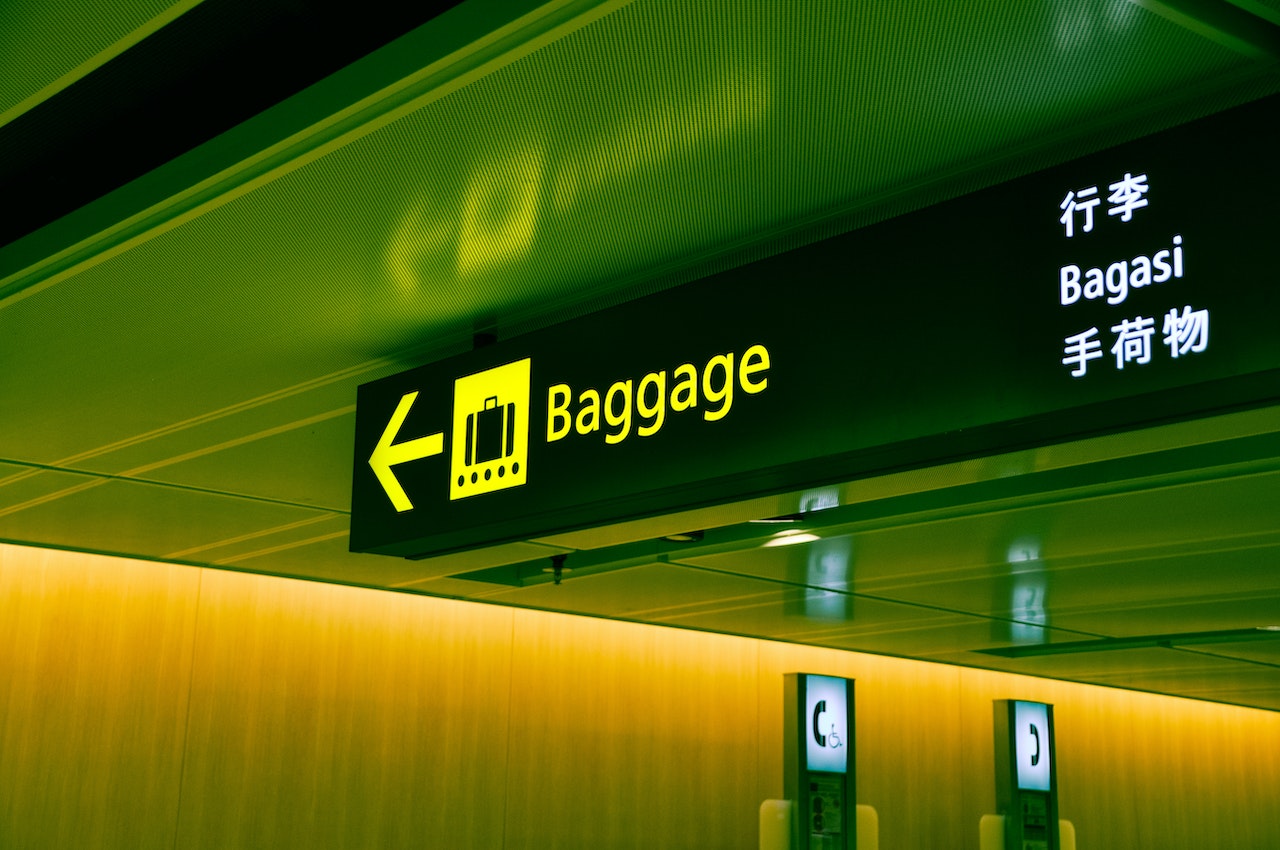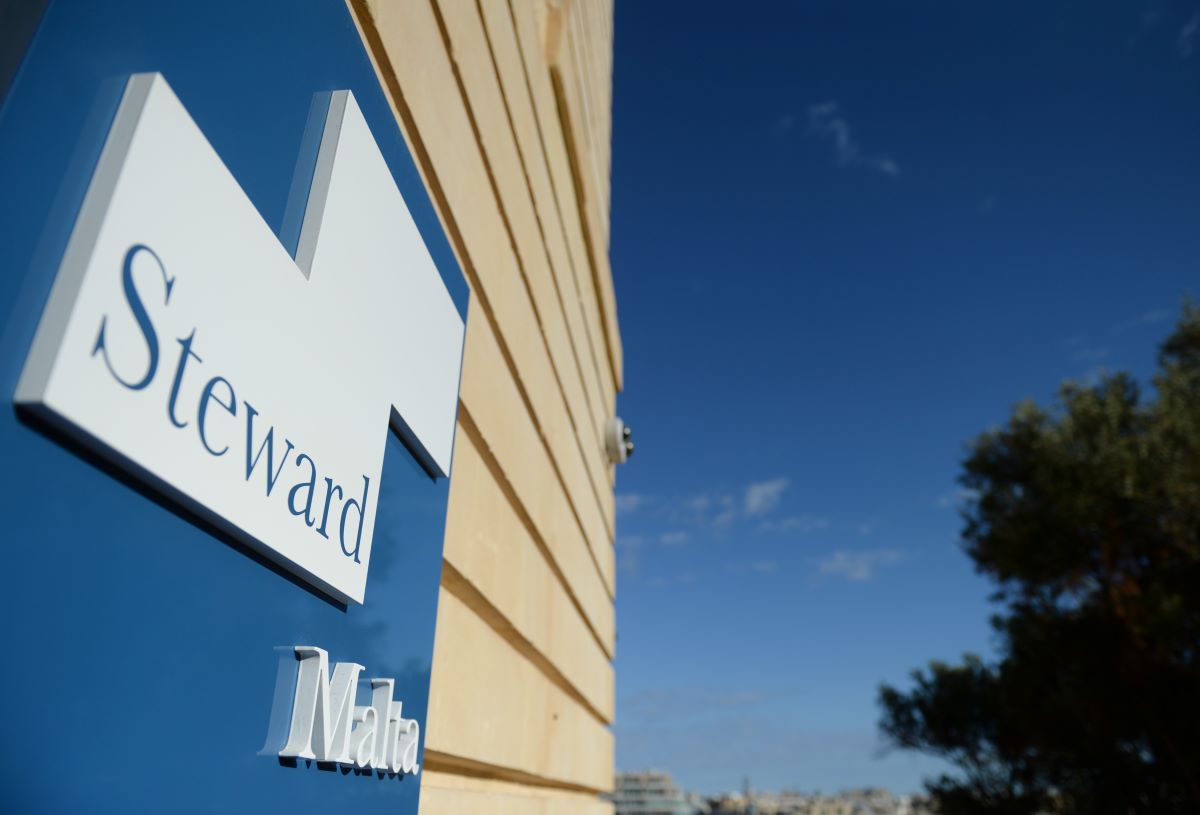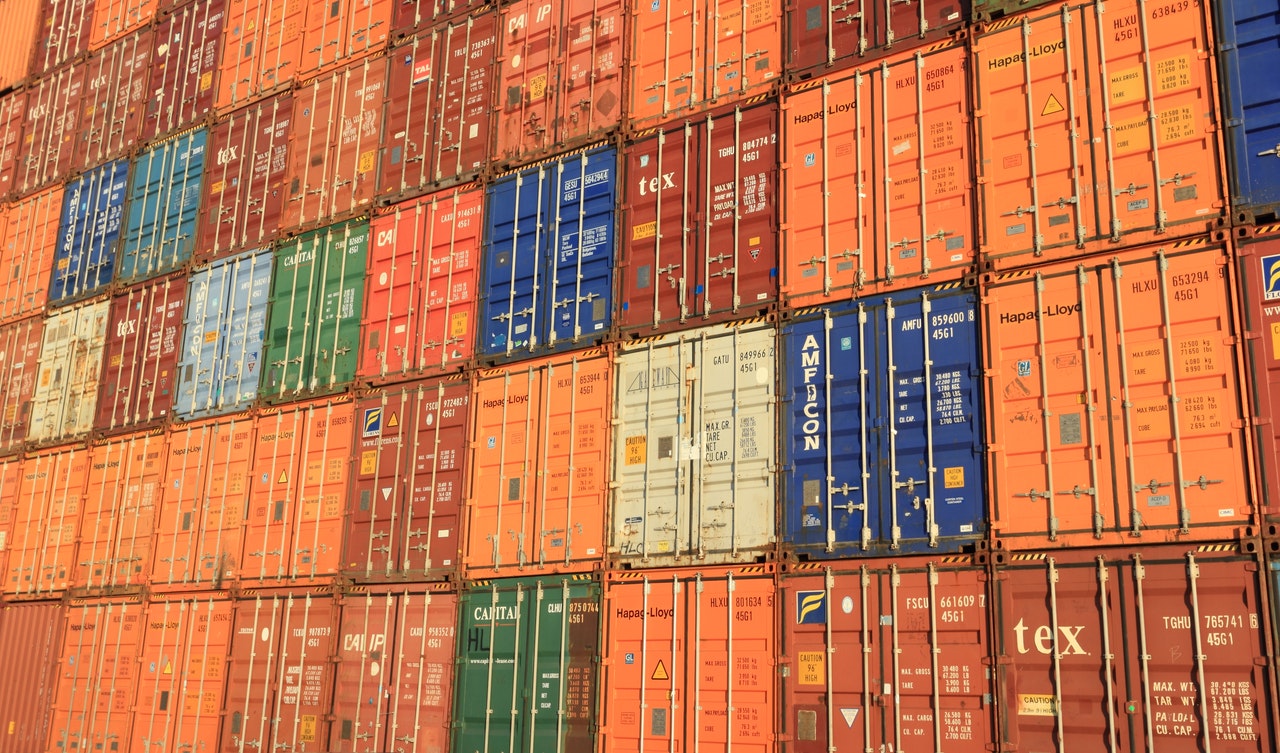Qantas, Australia’s flag carrier and largest airline, is asking members of its management and executive teams to leave their offices and take on baggage handling tasks in a bid to improve its performance following customer complaints about delays and missing luggage.
At least 100 volunteers are needed to bolster the ground crew at Sydney and Melbourne airports, with tasks including scanning, sorting and loading bags and driving vehicles to transport them to different areas.
Colin Hughes, the airline’s chief operating officer, circulated a memo saying those interested “will be trained and rostered into the ramp environment” in order to “support our ground handling partners”.
The managers and executives are being asked to work in the baggage handling roles for three or five days a week, in shifts of either four or six hours a day, although Mr Hughes clarified that “there is no expectation that you will opt into this role on top of your full-time position”.
The note went on to say that applicants need to be able to move suitcases weighing as much as 32kg each.
The contingency operation is expected to last for a period of three months, starting from mid-August.
“We’ve been clear that our operational performance has not been meeting our customers’ expectations or the standards that we expect of ourselves – and that we’ve been pulling out all stops to improve our performance,” a Qantas spokesperson told the BBC.
In 2020, the airline fired around 8,000 employees, including thousands of ground crew, with some of the roles subsequently outsourced to other companies. The year saw it post a loss of around €1.2 billion after Australia adopted one of the most restrictive travel policies in the world, effectively grounding the vast majority of local and international flights for almost two years.
Now, like much of the air travel industry, it is struggling to cope with the high demand, leading to a deluge of complaints from customers.
“The high levels of winter flu and a COVID spike across the community, coupled with the ongoing tight labour market, make resourcing a challenge across our industry,” said Mr Hughes.
Qantas said that it hopes to address the problems by scheduling fewer flights in the next month and hiring more staff.
The move is the latest in a series of novel approaches taken by airlines and airports to make up for the acute staff shortage plaguing the travel industry.
Earlier this month, Heathrow, London’s busiest airport, imposed a cap on passenger numbers as it sought to bring a chaotic baggage situation under control.
Emirates issued a rare public criticism of the decision, lambasting the airport for failing to plan ahead.
Meanwhile, easyJet took drastic action to make up for a lack of flight crew by pulling out seats on its aircraft.
Debunking the gender pay gap in the EU
Around 24 per cent of the gender pay gap is due to over-representation of women in relatively low-paid sectors
EU to tax small parcels from China in new crackdown
The decision to remove the exemption on small parcels is part of a broader overhaul of EU customs rules
Malta enjoys second lowest electricity prices in the EU
The cost of 100 kWh of electricity ranges from €38.4 in Germany to a low of €6.2 in Turkey






